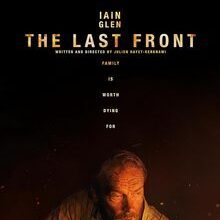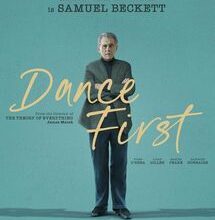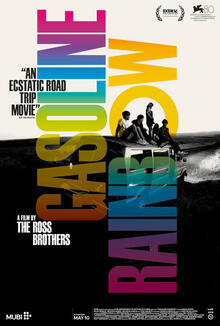
Gasoline Rainbow
Gasoline Rainbow
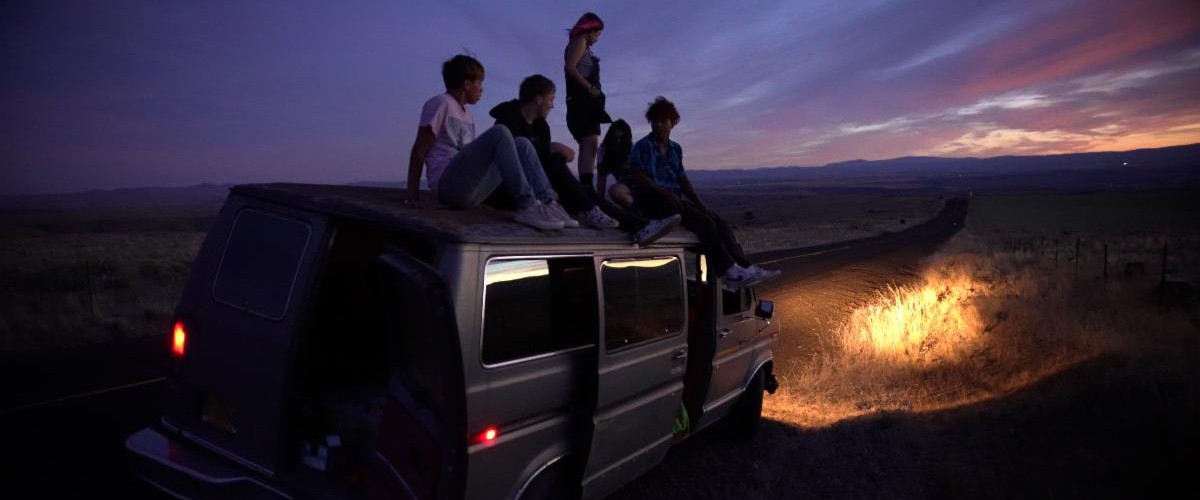
Now streaming on:
JustWatch
Brothers Bill Ross IV and Turner Ross straddle the lines of documentary v. fictional storytelling with their newest “Gasoline Rainbow.” Gathering five non-acting teens to embody the story’s central friend group, we are consistently unsure how much direction has been given to the group as we follow them on the road. The precarious nature of this strategy pays off, with the lack of fabrication delivering awe-inspiring authenticity and grace.
Nathaly, Makai, Nichole, Tony, and Micah are approaching high school graduation: the precipice of the end of youth and the beginning of jobs, college, rules, and obligations. Their small town of Wiley, Oregon is 513 miles from the Pacific Coast, and with the future uncertain, all they want to do is see the ocean. Packing into a van with a signature “f*ck it” mentality, they take off across the American West, smoking weed, talking Enya, and meeting other curious souls along the way.
“Gasoline Rainbow” is a road film in its truest form. The best understanding we get of “home” are glimpses of high school IDs and peeks into childhood bedrooms as the teens prepare to leave them behind. Everything else is the open road. From abandoned towns to turbine fields and quick familial drop-ins amidst train hopping, “Gasoline Rainbow” poignantly conflates the experience of youth with the physicality of their vagabond endeavor.
We slowly learn a bit about each of the film’s characters, from alcoholic parents to immigration-based persecutions and feelings of racial isolation. Many individualized anxieties and hopes are spoken via voiceover on top of images of stunning landscapes. And while we may recognize who is speaking, the disembodiment of these deliveries lands us in the face of youth culture rather than sole feelings – the stories aren’t meant to be Nichole’s or Tony’s, but microcosms of what they’re all going through.
These moments, as moving as they are, remain essential without being the film’s true color. They’re pieces of a puzzle in the broader portrait of Gen-Z youth. What is most impactful are the innocuous moments, conversations and nonverbal connections between the quintet and those they encounter. Their effortless emotional awareness colliding with their sometimes-indignant immaturity is constantly charming. Though you’re unlikely to recall every detail of dialogue, it’s the swarming feeling of familiarity, nostalgia, and spirit that stays with you.
The Ross brothers’ direction is romantic and, as expected, picturesque. Shots look like postcards you’d send on the road, and a few freeze frames drive this home. A consequential tribute to the landscape of the American West, the film’s framing and plot habitually home in on elements of scale: the kids walking a road lined by wind turbines, running out into seemingly endless expanses of desert, a partying beside the skeleton of a long-abandoned beached ship. They’re fractional in every environment, except within the van, actively driving, where the only thing that exists is them and opportunity. The minuteness of their forms, and of course, lives is always center stage, making their boastful displays of personality and wisdom all the more affecting.
Where Kerouac’s journey was set largely to a soundtrack of jazz, the teens in “Gasoline Rainbow” profess equal penchant for Biggie Smalls as they do for Enya, enforcing the multi-cultural influence that permeates the story. They connect with all kinds of people along the way, like-minded teens, punky self-professed hobos who become mentors of the journey, and even, in a blatant display of youth’s precarity, a young man they stumble across on the road in the middle of the night and take into their van. The little dichotomies of their thoughtful conversations coupled with their sometimes mortally concerning decision making, brings together a film that is pointedly genuine.
“Gasoline Rainbow” feels like a living, breathing, laughing organism. It’s not a caricature of Gen-Z nor a wishful document of what we may hope or theorize 2020s youth to be, and the Ross brothers’ largely hands-off technique allows this to thrive. As a Gen-Zer myself (though an older one), it’s easy to view my generation through lenses of internet prowess, mental health awareness, and political gusto. And while these are all things I duly admire, I find myself neglecting to acknowledge the central tenet of youth that perseveres amidst the endless barrage of doom-scrolling and inescapable awareness of plights near and far. What Gen-Z also has is the privilege to be so early on in the journey of discovering ourselves and the brazenness and optimism of endeavoring into the unknown, and “Gasoline Rainbow” was the joyful, hopeful kick in the pants that reminded me.

Peyton Robinson
Peyton Robinson is a freelance film writer based in Chicago, IL.
Now playing
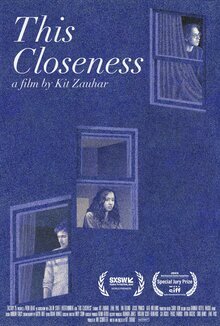
This Closeness
Katie Rife

In a Violent Nature
Clint Worthington
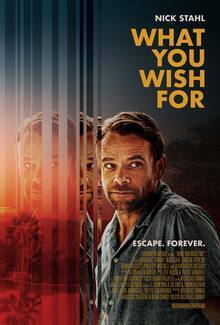
What You Wish For
Glenn Kenny
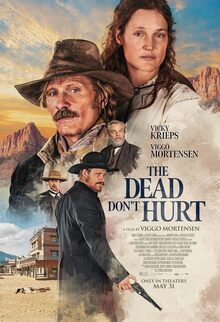
The Dead Don’t Hurt
Matt Zoller Seitz
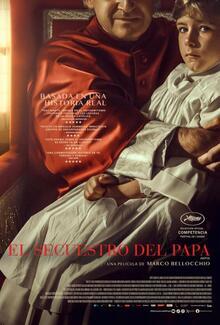
Kidnapped
Matt Zoller Seitz

Atlas
Tomris Laffly
Film Credits
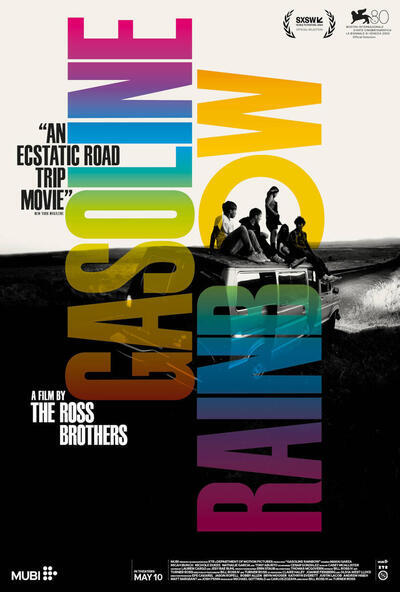
Gasoline Rainbow (2024)
108 minutes
Cast
Makai Garzaas Makai
Micah Bunchas Micah
Nichole Dukesas Nichole
Nathaly Garciaas Nathalie
Tony Aburtoas Tony
Director
- Bill Ross IV
- Turner Ross
Writer
- Bill Ross IV
- Turner Ross
Latest blog posts

Introduction to Black Writers Week 2024
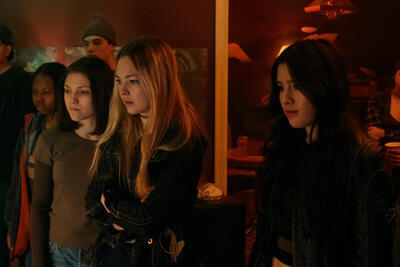
Understanding Grief in Rural Canada Through Hulu’s Under the Bridge
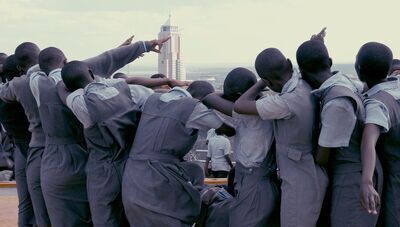
Co-Productions within Africa and its Diaspora Can Encourage Self-Reliant and Sustainable Film Economies

Film Festivals: A Place For Found Family & Cultivating Community
Comments
comments powered by Disqus

